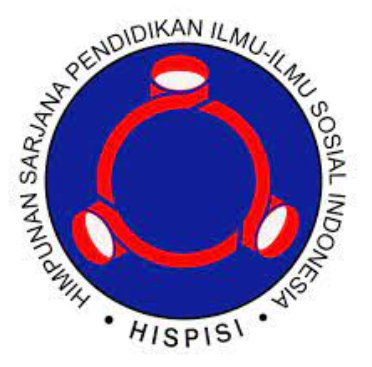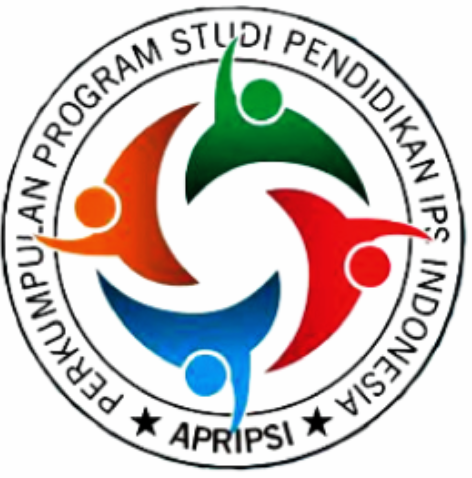DAMPAK PENDIDIKAN LIFE SKILL PADA MASYARAKAT MARGINAL
DOI:
https://doi.org/10.21009/10.21009.11Keywords:
Life Skill Education, Life SkillAbstract
This research using a qualitative approach to data get a deeper by digging to informants research. Source of the data obtained by using observations, observation involved, interview, documentation and the study of literature. Data collected from September 2015 until April 2016. Data analysis used in processing the data consisting of the reduction of the data, display data or presentation of data, and withdrawal of the conclusions.
The results showed that in learning had been conducted three aspects from of planning, implementation, and evaluation. The process has worked very well so as to produce the purpose of education life skill expected. In addition, the impact of seen by researchers during the survey last the economic impact seen economic development of life lessons skill at Sanggar Ciliwung Merdeka. The impact of education seen the result of learning life skill at Sanggar Ciliwung Merdeka produce students can use of the study by means of into teaching at sanggar or regular public schools. The impact of social interaction seen social relations more positive of life lessons skill at Sanggar Ciliwung Merdeka. This evident from the community cooperation marginal Bukit Duri and the sanggar to make the public market which aims to refuse eviction and strengthen relationship between residents.
Published
How to Cite
Issue
Section
License
Authors who publish with this journal agree to the following terms:
- Authors retain copyright and grant the journal right of first publication with the work simultaneously licensed under a Creative Commons Attribution ShareAlike License that allows others to share the work with an acknowledgement of the work's authorship and initial publication in this journal.
- Authors are able to enter into separate, additional contractual arrangements for the non-exclusive distribution of the journal's published version of the work (e.g., post it to an institutional repository or publish it in a book), with an acknowledgement of its initial publication in this journal.
- Authors are permitted and encouraged to post their work online (e.g., in institutional repositories, pre-prints sites or on their website) prior to and during the submission process, as it can lead to productive exchanges, as well as earlier and greater dissemination of published work






